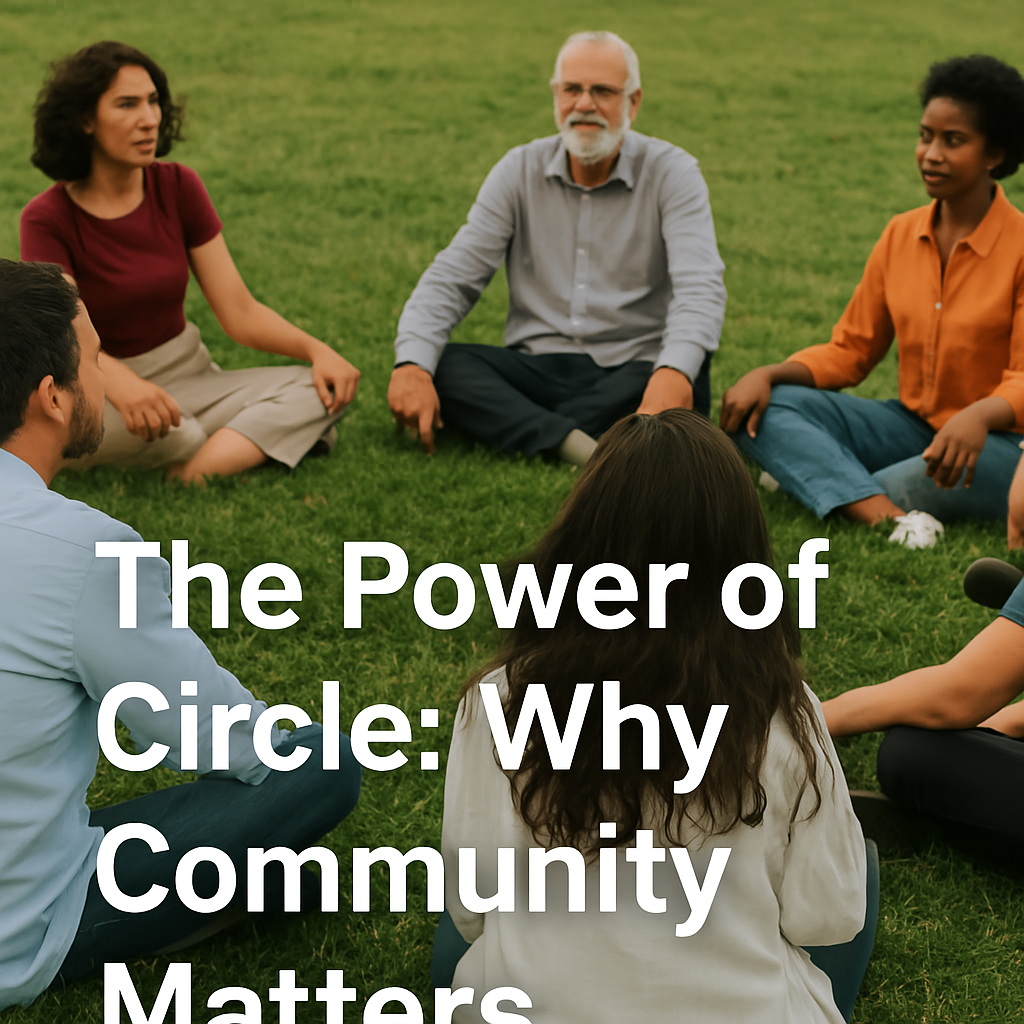Why Does that Voice in Your Head
Keep Criticizing You?
Have you ever felt like there's a constant inner critic or judge inside your head, telling you that you're not good enough? Or maybe you have a part of you that is always trying to protect you from pain and discomfort, even if it means sabotaging your goals and relationships?
These different "parts" of ourselves are the focus of a powerful therapeutic approach called Internal Family Systems (IFS). IFS recognizes that we all have a core, authentic self that is whole and untarnished - what IFS calls the "Self."
However, we also have various protective parts that have developed over time to help us cope with difficult emotions and experiences.
The key insight of IFS is that these parts are not the enemy. In fact, they are trying to help us, even if their methods seem counterproductive. By getting to know these parts with compassion and curiosity, we can learn to work with them, rather than against them.
One of the first steps in IFS is to simply become aware of these different parts.
Notice your inner dialogue and when they are in control. Do you have a harsh inner critic that is constantly putting you down? Or maybe a people-pleasing part that is always trying to be perfect? Identifying these parts is the first step towards reclaiming your wholeness.
From there, the IFS process involves engaging in a dialogue with these parts, understanding their origins and intentions, and ultimately integrating them back into the whole.
It helps to become curious about these parts. If you can accept that they are actually on your side and trying to protect you from something, you can gain insight into what the part is fearing. Once we learn what the fear is, we can naturally access compassion and understanding toward the part. This allows us to access our core Self - the part of us that is loving, curious, and resilient.
Ultimately, IFS is about remembering that we are whole, even with all our different parts. By embracing the full complexity of our inner landscape, we can find greater self-acceptance, emotional freedom, and the ability to show up more authentically in our relationships and in the world.
When starting to integrate IFS into how you relate to yourself, it is hugely valuable to have a trained guide to help you access these parts in a way that is potentially healing, instead of retraumatizing. Working with these parts will be a core component of a local retreat we are offering from September 6-8 called “Reclaim Your Wholeness.” If you are interested, register soon as our limited spots are filling up.
You can also work with one or our therapists one-on-one who trained or are training in IFS to guide you through the process. It's a powerful path towards reclaiming your wholeness.
Finally, if you're interested in exploring IFS further, I encourage you to check out the book No Bad Parts by Richard Schwartz, the founder of the IFS model. Many people have found it to be a helpful introduction to a new way of relating to yourself that results in more conscious choice and feeling more in alignment with who you are meant to be.
New Paragraph










